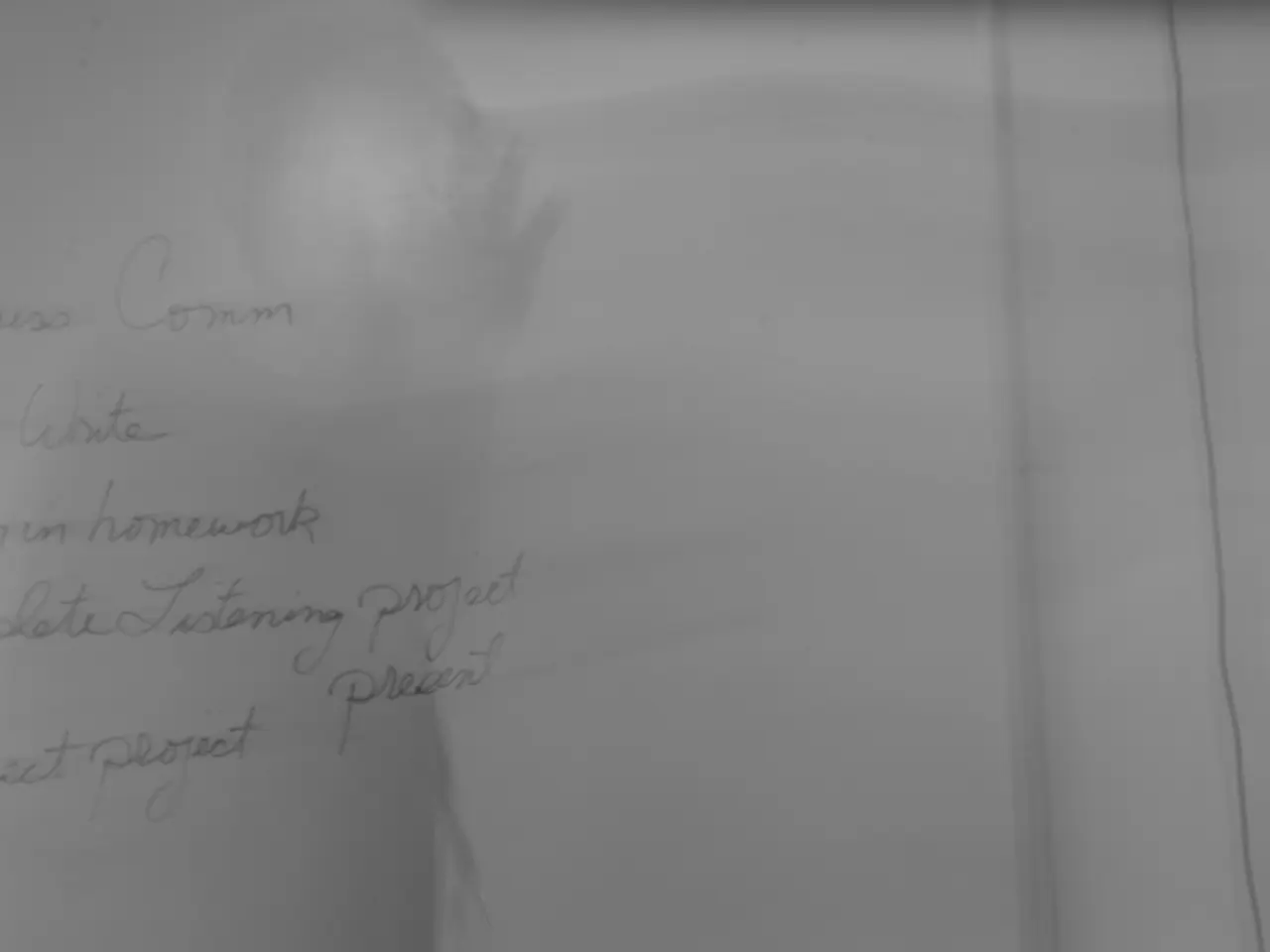Israel's sanctions do not encompass Merz
The German government is set to formulate its position regarding EU Commission President Ursula von der Leyen's proposal for sanctions against Israel, with discussions scheduled to take place at the EU summit at the beginning of October.
Chancellor Friedrich Merz is currently on an inaugural visit to Madrid, where discussions about a crucial international issue are on the agenda. However, during his press conference with Spanish Prime Minister Pedro Sánchez, Chancellor Merz did not address the proposals for sanctions against Israel.
The issue under discussion during Chancellor Merz's visit to Madrid is the proposal for sanctions against Israel by EU Commission President Ursula von der Leyen. The proposal includes the removal of preferential trade agreements that cover 37% of Israel's exports to the EU, as well as sanctions against Israeli politicians accused of human rights violations and incitement to hatred, such as Finance Minister Bezalel Smotrich and Police Minister Itamar Ben-Gvir.
The location of the informal council where the German government's position will be discussed is Copenhagen on October 1st. Chancellor Merz expects the German government to have a position at this council that is supported by the entire federal government.
The discussion about sanctions against Israel by the German government is scheduled to take place in the coming week, with the cabinet set to discuss the issue. The German government supports the EU Commission's proposal by Ursula von der Leyen to impose sanctions on Israel due to the deteriorating humanitarian situation in Gaza and the ongoing military actions. However, there is some lament over the lack of a joint approach among EU member states on this matter.
Within the German black-red coalition, the issue of sanctions against Israel is highly contentious. The SPD advocates for more pressure, while the CSU is against further sanctions. In the CDU, there is disapproval of trade sanctions but some openness to personal sanctions.
The German government plans to formulate its position by the EU summit at the beginning of October regarding EU Commission President Ursula von der Leyen's proposal for sanctions against Israel. The discussions and decisions made during this summit will have significant implications for the future relationship between the EU and Israel.
Read also:
- United States tariffs pose a threat to India, necessitating the recruitment of adept negotiators or strategists, similar to those who had influenced Trump's decisions.
- Weekly happenings in the German Federal Parliament (Bundestag)
- Southwest region's most popular posts, accompanied by an inquiry:
- Discussion between Putin and Trump in Alaska could potentially overshadow Ukraine's concerns






